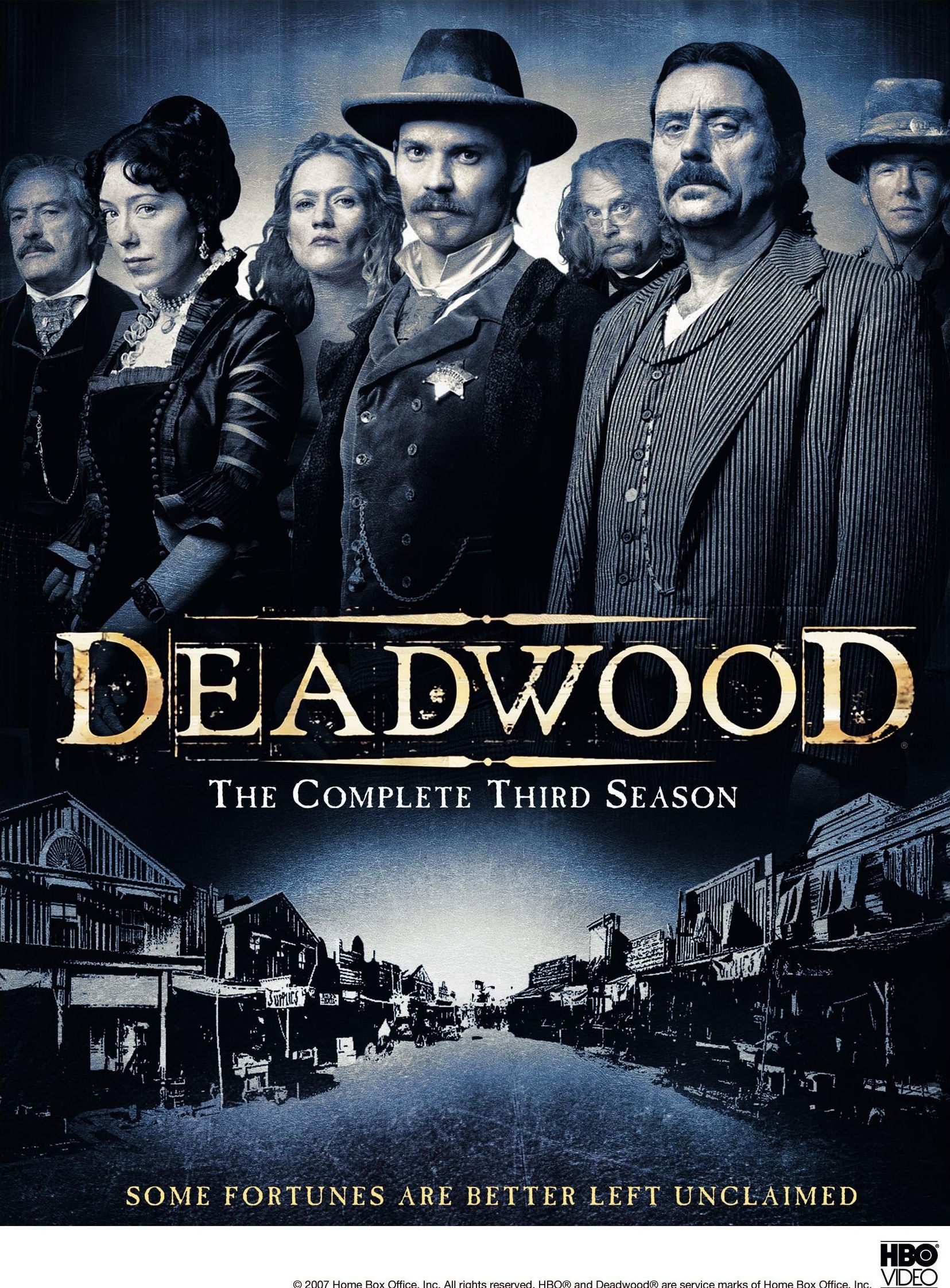

(***) The monologue in which he repeatedly calls Jack a cunt is a thing of dark, twisted beauty. If you were Wild Bill, and this is how people talked to you, wouldn’t you just want to get drunk, play cards (even a long losing streak) and try to tune out the rest of the world? People might demand photos, and time and other things of today’s celebrities, but they weren’t constantly walking around rooting for their death – often to their face – in a way that Bill has to deal with. I talked last week about the idea of Wild Bill’s story being a precursor of the modern notion of celebrity, but I would say Bill has things worse than even the most paparazzi-stalked Kardashian today. Though he has people in Charlie and Jane who care about him, and others in Seth and Sol who are cordial and could grow into friends, for the most part what he encounters are men like Jack McCall who want to take him down a peg, or the two idiots who try to talk to him while he helps build the hardware store. McShane understandably drew most of the plaudits about this show, even early, but how fantastic is Keith Carradine as Wild Bill in this episode? He’s just so bitter and empty, his voice so deep and gutteral(***), as he moves through a camp, and a world, where his fame has become nothing but a twisted burden.

And what we see on that score is that the famous gunslinger is mostly looking to numb himself in a similar manner to what Alma Garret is doing. Now Al has real competition, and also a headache on his hands about what to do with the gold claim, and he’s still paranoid as hell about what Wild Bill is up to. The level of gamesmanship between Al and Cy is already terrific, and we’re only getting started. (**) And in part lives so that Al has a second spy in case Leon the opium-addicted Faro dealer doesn’t work out, which we already know he won’t. lives(**), but Brom Garret dies – ironically, right before Dan discovers that the bogus gold claim they sold him was exactly the opposite of bogus. So Al gives mercy and trust a try – and, like Ralph Fiennes in a similar sequence in “Schindler’s List,” Ian McShane finds some marvelously black comic notes as Al struggles to accept that he should give E.B. Not coincidentally, Al’s trusting her, of all the whores, to take a razor blade to his callused feet for a 19th century frontier pedicure as he ponders his new plan to be more trusting. (*) Well, at least anyone to whom he doesn’t have some kind of complicated emotional attachment, like the one he has to Trixie.
DEADWOOD SEASON 3 EPISODE 1 NOWVIDEO SERIES
is right for at least once in the series when he suggests – admittedly, out of naked self-interest – that Al can’t just go on killing everyone, can he? A stopped clock is right twice a day, and E.B. It’s worked for Al so far in the camp’s early, wide-open days, but gentrification is already coming with the arrival of Cy Tolliver’s more upscale casino. Farnum – points out, that approach has a limited shelf life. But as E.B., of all people – obsequious, cowardly, obtuse E.B. No fuss, no muss, and no law to get on his back about it. Anyone causes a fuss, anyone goes against Al’s way of doing things(*), gets stabbed, shot or thrown off a cliff by Dan Dority or another of Al’s people. When we met Al Swearengen two episodes ago, he was a man concerned with profit and with protecting his territory, and it seemed the most expedient way for him to do that was through violence. The first major step in that road comes near the end of this episode, involving the character who has so far been a symbol of all that is lawless and untamed about Deadwood. This brutal, amoral mining camp had a long, complicated road towards becoming a place that could acceptably be absorbed into the United States. “Deadwood” is fundamentally a series about the work and sacrifices necessary to bring order to chaos, civilization to lawlessness. “Short of burning it all down, you gotta trust someone.” -E.B. This is the former click here for the newbie-safe version.Ī review of episode 3, “Reconnoitering the Rim,” coming up just as soon as I collude and cahoot… We’re continuing our trip back through the first season of David Milch’s epic revisionist Western “Deadwood,” and we’re continuing to do it with two separate but largely identical posts: one for people who watched the whole series and want to be able to discuss it from beginning to end, and one for people who are just starting out and don’t want to be spoiled with discussion that goes past the current episode.


 0 kommentar(er)
0 kommentar(er)
